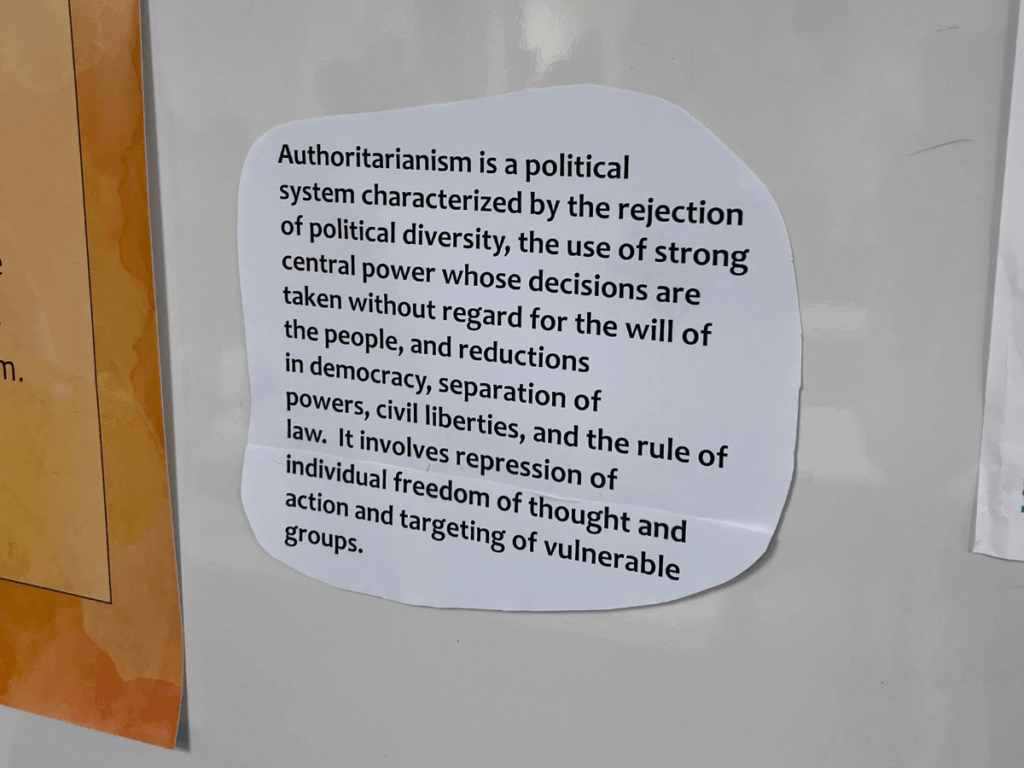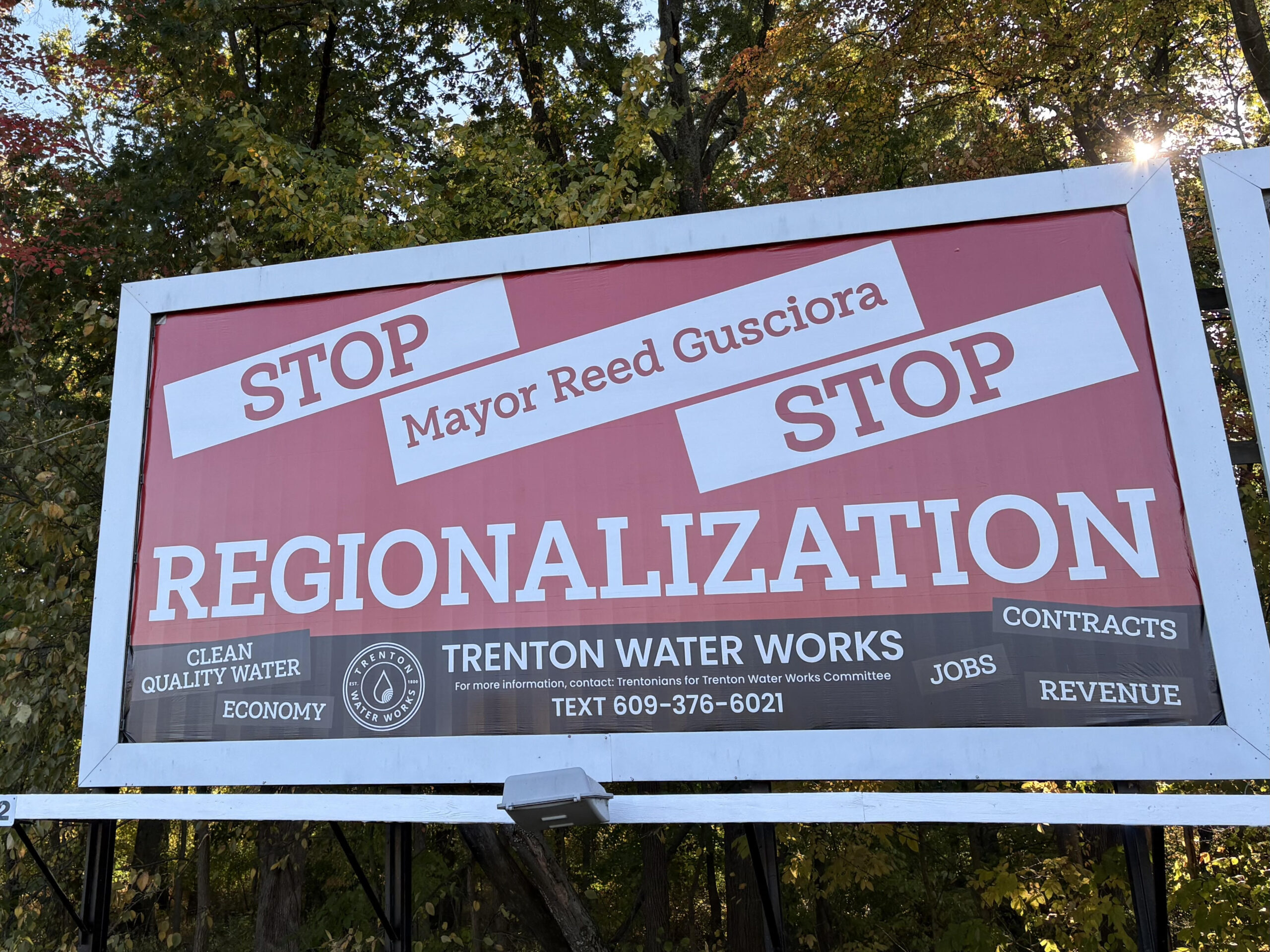NEW YORK — Climate sector professionals gathered during Climate Week NYC in September for a workshop on combating climate change amid what organizers described as rising authoritarianism in the U.S. government.
Nonprofit advocacy groups Sustaining All Life and United to End Racism partnered for 22 workshops during Climate Week NYC, including “How Do We Create Meaningful Climate Action in an Increasingly Authoritarian USA” on September 22 at Berkeley College’s midtown Manhattan campus.
Diane Shisk, climate activist with Sustaining All Life, led workshop attendees in an open discussion about collaborative strategies for advancing environmental protection amid diminishing federal climate safeguards.
In a classroom packed tightly with dozens of attendees, Shisk criticized what she called President Donald Trump’s second administration’s “rollback of any possible climate action.”
“Resistance is getting stronger, but it’s not been strong enough to stop him,” Shisk said. “Trump has been a climate denier. He was a climate denier throughout his first campaign. We knew we were electing a climate denier into office again.”
Shisk referenced several climate-related policy changes since Trump’s second inauguration in January starting with the withdrawal from the Paris Agreement. Since then, this administration has reversed restrictions on oil, gas, and coal companies, frozen the implementation and funding of clean energy projects, reduced emission limits, and cut climate-related agency budgets.
The rollbacks have been defended by this administration as efforts to reduce regulatory burdens and promote energy independence.
During the 90-minute workshop, attendees were invited to share their experiences with the rollback of federal climate protections. Representatives from universities, nonprofits, corporations, and consulting firms from across the U.S. and as far away as Estonia and Mexico City sat together in crowded rows, taking frequent notes.
Lucy Martin, a workshop attendee and program officer with government-funded community service organization Volunteer Maine, has felt the effects of federal cuts for environmental protections in her work.
“This administration is going after AmeriCorps,” Martin said. “Many of our programs have been negatively impacted by the loss of federal funding from environmental associations. There is a lot of uncertainty regarding these programs.”
Volunteer Maine, which connects volunteers with community service opportunities, is largely funded through AmeriCorps grants — government funds allocated for community service needs like education, disaster relief, and health services. Martin described efforts to comply with the administration’s executive orders to remove the use of terms and policies connected to diversity, equity, and inclusion (DEI).
“Towards the beginning, there was a lot of discussion about whether to take them out,” she said. “You’re scrubbing language from your policies and your practices before they ask you to. Is that really going to protect you?”
Martin then corrected her earlier usage of “AmeriCorps” since there is a proposed name rebranding included in legislation that was introduced to Congress last month. This legislation would also impose significant budget cuts.
“Actually, it’s called the America First Corps now,” she said.
Under Re-Evaluation Counseling, a grassroots peer-support network, each of the workshops hosted by Sustaining All Life and United to End Racism during Climate Week NYC reflected the views of advocacy groups critical of the administration’s environmental policies. Topics also included “Backing Indigenous Leaders: Where Ending the Climate Crisis and Decolonization Meet” and “First and Worst Impacted, then Forgotten: Black Communities and the Climate Crisis.”
Government officials and supporters of the Trump administration have argued that deregulation efforts are intended to strengthen the economy and the energy sector.
Climate Week NYC is an annual event run by an international organization Climate Group in partnership with the United Nations General Assembly. Over 900 events and activities occur across New York City and online, as business leaders, policymakers, nonprofit workers, and community organizers from across the globe come together to promote climate action.


